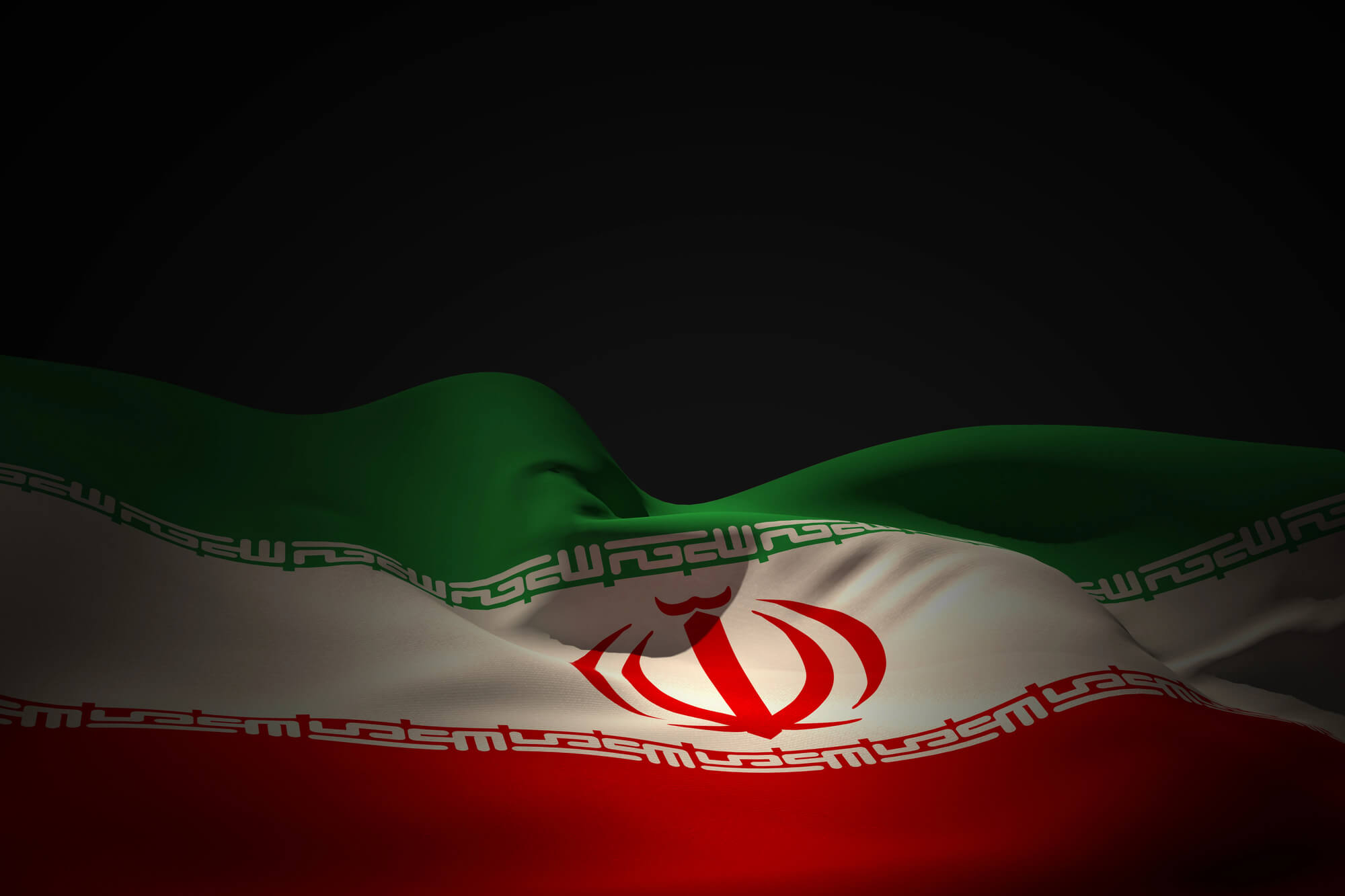Embargo on Russian oil and gas is a necessary but painful step that is going to raise energy prices even higher. Many European countries are not ready for that (at best, they promise to reduce their oil consumption by the end of 2022). However, to stop the Russian war machine, one needs to look not only at revenues that Russia gets from its energy sales, but also on how it spends its revenues. Namely – Western countries should force Russia to spend this money only on goods of humanitarian nature instead of tanks and bombs. Below we provide the details.
In Economics 101, international trade is sometimes explained as a replacement of technology: for example, selling wheat and buying metal is equivalent to having a technology that turns wheat into metal. Russia now has a technology that turns oil and gas into tanks and missiles that it uses to kill Ukrainian people. This technology is enabled by Europe which not only applied very mild sanctions to Russia when it launched the war on Ukraine in 2014, but actually increased its dependence on Russian oil and gas over the past eight years. Today, Europe buys 20% of its oil and 40% of its gas from Russia.
Moreover, until recently Europe has been promoting the Nord Stream II pipeline to bypass Ukraine and increase its dependence on Gazprom even more – despite warnings that as soon as the pipeline is completed, Putin would be free to launch a full-scale attack on Ukraine.
Now the EU countries are discussing the oil and gas embargo. While this is costly, the economists argue that it is the most efficient policy compared to the cost of a prolonged war: economic estimates suggest that the cost for Germany can be between 0.5% and 3% of GDP, and the cost for the Eurozone can be up to 2% of GDP, which is lower than the cost of COVID recession. At the same time, the damage to Ukraine already amounts to $500-600 billion, which is close to 3% of EU GDP in 2021 and is growing every hour (and this estimate doesn’t include compensation to victims, expenditures on refugees etc.).
The European energy embargo will be costly for Russia because it sends to Europe 60% of its oil exports and 75% of gas exports, while oil and gas revenues make up 45% of Russia’s state budget. Even if it continues to sell oil and gas to China and India, its revenues will be lower because it will sell them at a discount as well as in lower volumes because they don’t have the necessary infrastructure.
Many governments or private companies have promised to stop buying Russian oil by the end of 2022 or next year. However, by that time thousands more Ukrainians will be killed, infrastructure and production capacities worth billions of dollars destroyed, and 8-13 million more people in the world will be suffering from hunger if Ukraine is unable to harvest and export its crops. Thus, it is in everyone’s interest to stop the war as soon as possible.
To do this, we suggest to look at the entire “technology” of turning oil into weapons, not just one side of it (energy supplies). Specifically, Europe can and should replace it with the “technology” that turns oil and gas into humanitarian goods.
This implies the introduction of the “oil/gas-for-food” program – similar to the one that operated in Iraq in the 1990s. The mechanics of this program is quite simple:
- all Russian banks are cut off from SWIFT,
- one escrow account is open in an EU bank,
- all payments for Russian energy go to that account,
- and then a regulator (or a specially designated agency) controls outgoing payments from this account making sure that the Russian government spends this money only on goods of humanitarian nature such as food, medicines or hygienic supplies.
In fact, this last part is the most complicated and the one where most of the corruption occurred in the Iraqi program. Thus proper mechanisms for transparency and control should be in place. As a part of the solution, a lot of highly qualified Ukrainians who lost their jobs because of the war would be willing to review the contracts under this program. To help their country, they would do this for a moderate salary or as volunteers.
Introduction of this program would allow Europe to both get its energy and prevent Russia from buying weapons or materials and spare parts that can be used to produce weapons. Moreover, if Russian banks are not allowed to process payments, other countries will have to participate in this program.
There are side benefits to this program too: the Europeans will not feel bad about Russian babushkas not getting their pills, and the Russian government will finally have to start caring about the well-being of its people rather than about killing citizens of other countries.
Introduction of this program would not spare Europe from its commitment to reduce dependence on fossil fuel (especially Russian fossil fuel). The buildup of “green” capacities, including nuclear power plants, is essential for the long-run safety and well-being of the EU. But immediate introduction of the “oil/gas-for-food program” will buy the necessary time for adjustment. More importantly, it will save lives of millions of Ukrainians whom Russia promised to kill.
Attention
The author doesn`t work for, consult to, own shares in or receive funding from any company or organization that would benefit from this article, and have no relevant affiliations



